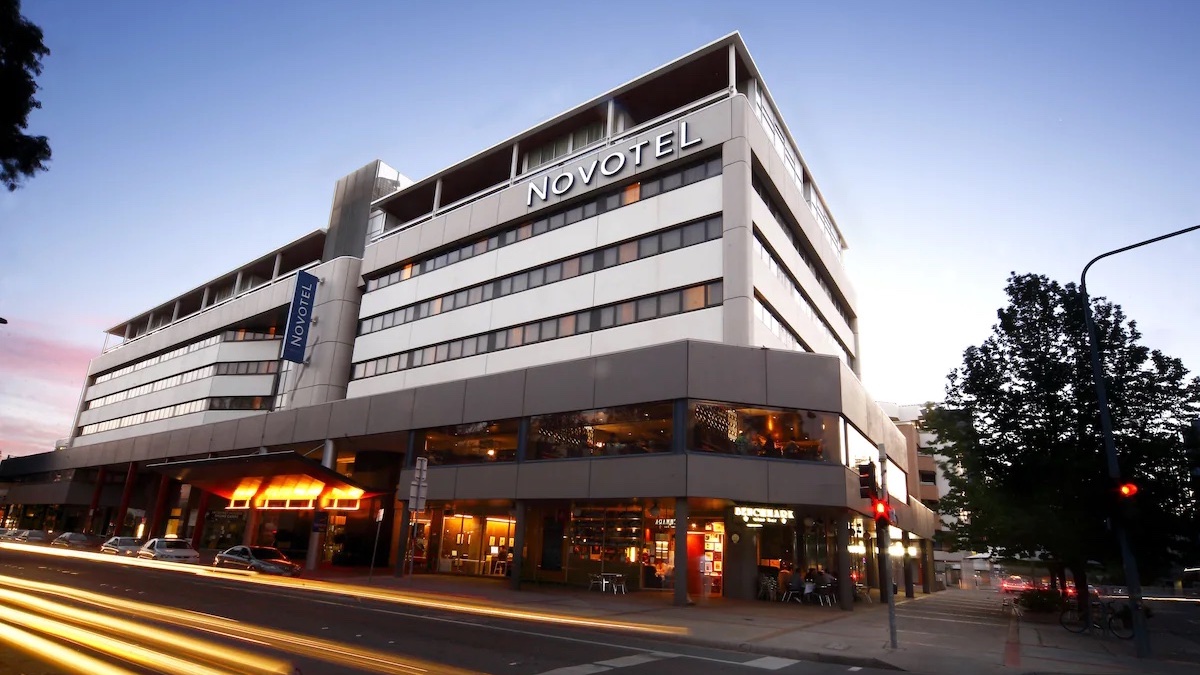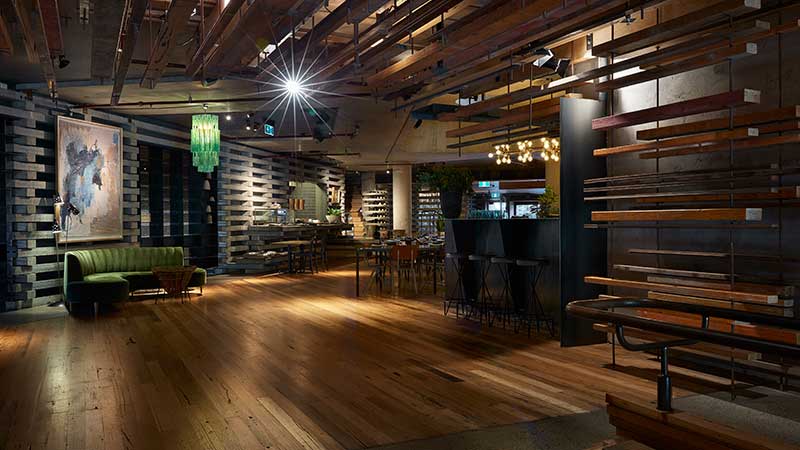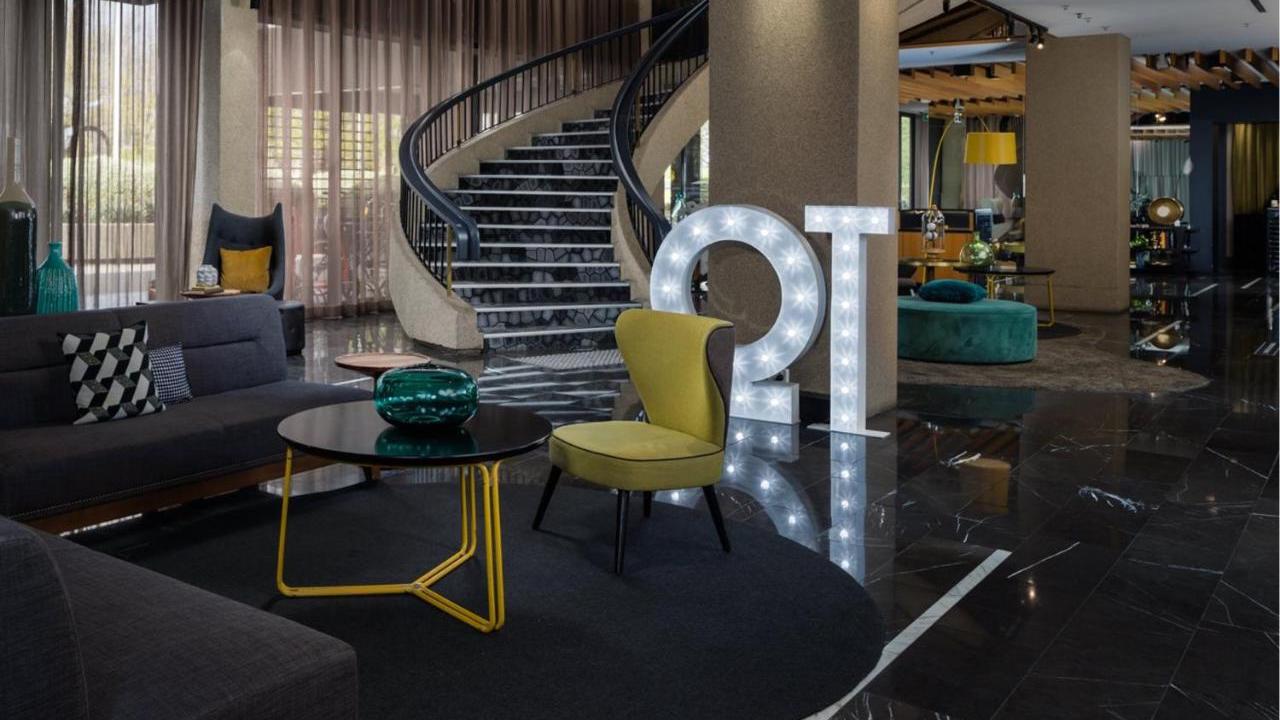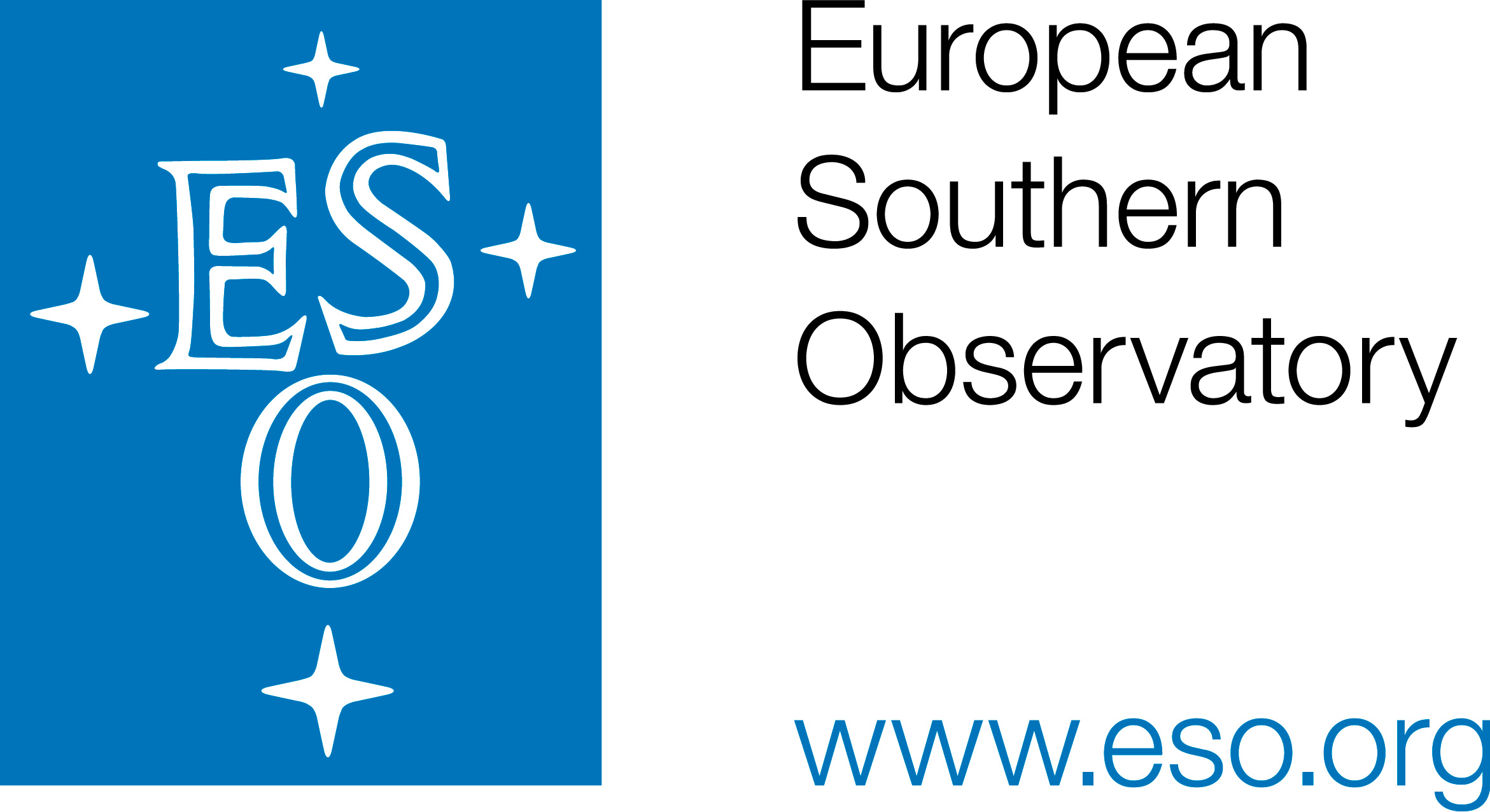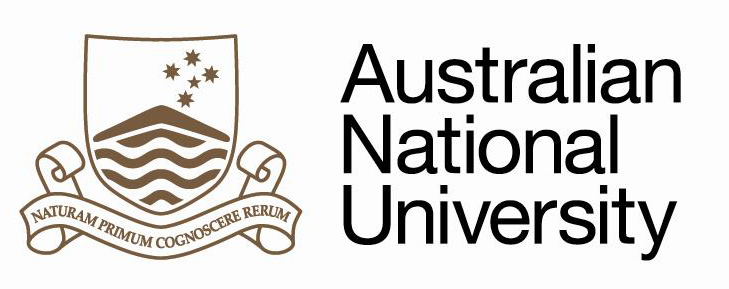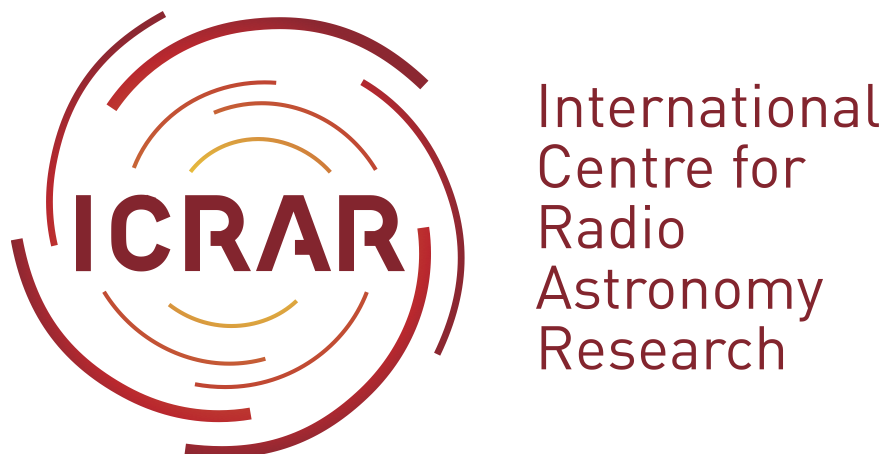Rationale
Galaxies transform throughout their lifetimes as a result of internal processes, interactions with other galaxies, their environments, and the cosmic web. The interplay of these processes alter the distribution of properties used to characterise the galaxy population. Understanding the impact and relative importance of that interplay is critical to galaxy evolution as whole. With new capabilities enabling highly-resolved investigations of gas and stars in local galaxies, it is now possible to disentangle detailed star-formation and assembly histories for a wide variety of galaxy types. Simultaneously, surveys pushing resolved observations to earlier epochs are providing important constraints on the evolution and transformation of dynamics and chemical distributions. Together these approaches have the power to discern complex assembly histories over the last 7-10 Gyrs, when simulations suggest that dramatic morphological and kinematic evolution is expected to occur. However, the exact timing and nature of these transformations are debated.
In this conference we aim to connect observations and simulations of galaxy transformations across cosmic time, with a particular focus on the following questions:
• How does environment shape the star-formation history of galaxies?
• How do we connect galaxy populations across epochs?
• What is the environmental impact on redistributing angular momentum?
• How do stellar and AGN feedback regulate the gas-star formation cycle at z~0?
Organisers
Science Organising Committee
Barbara Catinella (ICRAR/UWA)
Michelle Cluver (Swinburne)
Mirko Curti (ESO)
Harald Kuntschner (ESO)
Trevor Mendel (co-chair, ANU)
Rhea-Silvia Remus (USM)
Edward Taylor (Swinburne)
Jesse van de Sande (Sydney)
Emily Wisnioski (co-chair, ANU)
Ling Zhu (Shanghai)
Local Organising Committee
Qianhui Chen
Tianmu Gao
Kathryn Grasha
Isaac Kanowski
Trevor Mendel
Eric Muller
Marcie Mun
Maryse Papin
Hayden Park
Tony Travouillon
Takafumi Tsukui
Emily Wisnioski
Code of Conduct
We are commited to making this meeting productive and enjoyable for everyone regardless of race, gender, sexual orientation, disability, physical appearance, nationality or religion. Harassment in any form will not be tolerated.
In all interactions, either virtual or in person, participants are expected to adhere to the Australian Astronomical Society and ASTRO 3D Codes of Conduct, which can be found here.
Invited Speakers
Caroline Bertemes (ARI)
Deanne Fisher (Swinburne)
Joel Leja (Penn State)
Danail Obreschkow (ICRAR/UWA)
Benedetta Vulcani (INAF)
Rhea-Silvia Remus (USM)
Charlotte Welker (City University of New York)
Ling Zhu (Shanghai)
Program
Welcome to Country
- Auntie Violet Sheridan
Welcome to ANU/Opening of Meeting
- Brian Schmidt
Session 1 (chair: Scott Croom)
- 9:40-10:05 - Charlotte Welker
- Spinning the web: understanding the cascade of angular momentum from large scales to galaxies through the circum-galactic medium
- 10:05-10:25 - Stefania Barsanti
- Galaxy angular momentum within the cosmic web: the study of spin-filament alignments to unravel the evolution of galaxies and their components
Morning Tea
Session 2 (chair: Scott Croom)
- 10:55-11:15 - Sushma Kurapati
- The HI angular momentum-mass relation
- 11:15-11:35 - Kiyoaki Christopher Omori
- Galaxy Merger Identification in the HSC-SSP and Investigation of the Role of Mergers in Environment
- 11:35-11:55 - Jie Li
- Spin of gas and dark matter within haloes after major mergers
- 11:55-12:15 - Connor Bottrell
- mMini-mergers as key drivers of asymmetry and star formation
Lunch
Session 3 (chair: Rebecca Davies)
- 13:45-14:10 - Danail Obreschkow
- Interplay of galactic spin and atomic gas across cosmic time
- 14:10-14:30 - Marcie Mun
- Unifying observations and theory: Investigating radial trends in star formation across cosmic time with the MAGPI survey
- 14:30-14:50 - Scott Croom
- Connecting age, environment and mass to galaxy kinematics with SAMI - Identifying the drivers of morphological transitions
- 14:50-15:10 - Kate Harborne
- The MAGPI Survey: A theoretical look at the evolution of galaxy shapes across the last 3-4 Gyr
Afternoon Tea
Session 4 (chair: Rebecca Davies)
- 15:40-16:00 - Yifan Mai
- Drivers of gas turbulence in MAGPI and SAMI galaxies
- 16:00-16:20 - Sabine Thater
- The non-gravitational contributions to velocity dispersion in MAGPI galaxies
- 16:20-16:40 - Giulia Santucci
- Connecting the stellar orbital distributions of galaxies with their evolution history
- 16:40-17:00 - Jesse van de Sande
- GECKOS: Turning galaxy evolution on its side with deep observations of edge-on galaxies
Session 5 (chair: Kate Harborne)
- 9:00-9:25 - Ling Zhu
- Uncover galaxies’ assembly history through a novel population-orbit superposition method
- 9:25-9:45 - Joss Bland-Hawthorn
- Gas-star formation cycle across cosmic time
- 9:45-10:05 - Caro Derkenne
- Exploring the mass distribution and spin-ellipticity of MAGPI galaxies
- 10:05-10:25 - Belén Alcalde Pampliega
- Zooming in on the first galaxies: a multi-wavelength perspective on their size
Morning Tea
Session 6 (chair: Kate Harborne)
- 10:55-11:15 - Dian Triani
- The equivalent width of [OIII] optical lines in star-forming galaxies from a theoretical perspective
- 11:15-11:35 - Benjamin Metha
- Revealing the chemical structure of galaxies in 2 dimensions with multiscale modelling
- 11:35-11:55 - Zhuyun Zhuang
- New Dimensions in the Chemical Compositions of Galaxies with KCWI
- 11:55-12:15 - Alma Sebastian
- The cosmic evolution of low ionisation absorbers using XQR-30
Lunch
Session 7 (chair: Barbara Catinella)
- 13:45-14:10 - Joel Leja
- The Big Unsolved Question: How Do We Connect Galaxies Across Cosmic Time?
- 14:10-14:30 - Jordan D'Silva
- Interface of cosmic star formation and AGN activity over 13 billion years
- 14:30-14:50 - Kate Rowlands
- Caught in the act: using post-starburst galaxies to chart galaxy transformation over cosmic time
- 14:50-15:10 - Darren Croton
- Using the star-forming main sequence to explore quiescent galaxies across cosmic time
Afternoon Tea
Session 8 (chair: Barbara Catinella)
- 15:40-16:00 - Elaine Sadler
- Connecting HI and star formation across cosmic time with ASKAP-FLASH
- 16:00-16:20 - Abhisek Mohapatra
- Galaxies in H I emission and insights from the H I scaling relations
- 16:20-16:40 - Yiqing Song
- Extreme sub-kpc star formation in local U/LIRGs
- 16:40-17:00 - Rebecca Davies
- New insights into star-formation quenching from JWST neutral gas observations
Session 9 (chair: Luca Cortese)
- 9:00-9:25 - Naomi McClure-Griffiths
- Looking forward: ESO - SKA connections
- 9:25-9:45 - Richard McDermid
- Exploring galaxy evolution with MAVIS: An Australian-led facility instrument for the ESO Very Large Telescope
- 9:45-10:05 - Tony Travouillon
- The Wide-Field Spectroscopic Telescope (WST)
- 10:05-10:25 - Sarah Brough
- Vera C. Rubin Observatory's Legacy Survey of Space and Time
Morning Tea
Session 10 (chair: Luca Cortese)
- 10:55-11:15 - Sarah Brough
- Measuring intracluster light in the LSST era
- 11:15-11:35 - Alice Desmons
- Galaxy Tidal Features as a Tracer of Galaxy Evolution
- 11:35-11:55 - Arianna Dolfi
- Lopsidedness as a tracer of early galactic assembly history
- 11:55-12:15 - Poster highlight session
Boxed Lunches
Conference Dinner (National Museum of Australia)
Session 11 (chair: Sarah Brough)
- 9:00-9:25 - Benedetta Vulcani
- The accelerated evolution of galaxies in dense environments
- 9:25-9:45 - Edward Taylor
- Understanding the role of environment through overwhelming statistics
- 9:45-10:05 - Seyoung Jeon
- Star Formation History and Transition Epoch of Cluster Galaxies Based on the Horizon-AGN Simulation
- 10:05-10:25 - Gissel Pardo Montaguth
- Exploring the impact of the environment where CGs are located on the star formation of their galaxies
Morning Tea
Session 12 (chair: Sarah Brough)
- 10:55-11:15 - Barbara Catinella
- Galaxy transformation in clusters: tracking cold gas stripping and quenching of satellites during infall
- 11:15-11:35 - Jacob Crossett
- The infall and evolution of galaxies experiencing ram pressure stripping
- 11:35-11:55 - Jenna Samuel
- Quenching and ram pressure in simulated Local Group galaxies
- 11:55-12:15 - Luca Cortese
- Unveiling gas cycling in and out satellite galaxies with MAUVE
Lunch
Session 13 (chair: Darren Croton)
- 13:45-14:10 - Rhea-Silvia Remus
- Deciphering the impact of environment on galaxy properties from cosmological simulations
- 14:10-14:30 - Ana Carolina Costa Lourenço
- Unraveling galaxy evolution in diverse environments
- 14:30-14:50 - Lucas Kimmig
- Blowing out the Candle: formation and evolution of high-redshift massive quenched galaxies from the magneticum cosmological simulations
- 14:50-15:10 - Stephanie O'Niel
- The transformation of galaxies in the cluster environment
Afternoon Tea
Session 14 (chair: Darren Croton)
- 15:40-16:00 - Jinsu Rhee
- SF quenching and gas-stripping of galaxies in group halos
- 16:00-16:20 - Akriti Singh
- Impact of environment on the quenching of Massive Quiescent Galaxies before cosmic noon
- 16:20-16:40 - Kei Ito
- Discovery of a protocluster of quiescent galaxies at z=2.77 in the COSMOS field
Session 15 (chair: Jesse van de Sande)
- 9:00-9:25 - Caroline Bertemes
- How feedback shapes galaxies at low redshift: Embracing a multi-phase, multi-scale, and non-static perspective
- 9:25-9:45 - Giulia Tozzi
- Hidden active nuclei in MaNGA star-forming galaxies unveiled by HeIIλ4686 line emission
- 9:45-10:05 - Matias Bravo
- A SHARK’s view of the galaxy-AGN-environment connection throughout cosmic time
- 10:05-10:25 - Monserrat Martinez
- The role of AGN in regulating galaxy evolution in massive z~3-4 galaxies
Morning Tea
Session 16 (chair: Jesse van de Sande)
- 10:55-11:15 - Deanne Fisher
- How feedback regulates star formation in galaxies
- 11:15-11:35 - Bron Reichardt Chu
- Constraining star formation feedback with DUVET
- 11:35-11:55 - Brent Groves
- The PHANGS view of Feedback
- 11:55-12:15 - Magdalena Hamel Bravo
- Measuring metallicity in outflows
Lunch
Session 17 (chair: Stefania Barsanti)
- 13:45-14:05 - Hayden (Hye-Jin) Park
- The spatially resolved relation between dust abundance and metallicity with the TYPHOON and MAUVE survey
- 14:05-14:25 - Ujjwal Krishnan
- New insights into the gas-star formation cycle: An ultraviolet outlook
- 14:25-14:45 - Barbara Mazzilli Ciraulo
- Resolved multi-phase outflows in starbursting galaxies
- 14:45-15:05 - Thomas Bohn
- Dual Outflows in NGC 3256: A JWST look at feedback in a late-stage merger
- 15:05-15:25 - Marina Arnaudova
- Exploring Stephan’s Quintet: insights into the shock front with WEAVE’s first light and LOFAR
- 15:25-15:40 - Meeting summary and wrap-up
Afternoon Tea
Venue & Travel
This meeting will take place in Canberra, Australia's national capital. There are numerous flights between Canberra and other major Australian cities (e.g. Sydney and Melbourne), as well as a bus service that provides regular transport between Sydney and Canberra (~3 hours).
Australian Academy of Science, Shine Dome
This meeting will be held in the national heritage listed Shine Dome, home of the National Academy of Science.
Accommodation
There are a range of hotel options available in downtown Canberra. This section will be updated shortly to include several suggestions.
Registration
Talk submissions are now closed, however you can submit a poster abstract up until August 31 using this form.
Registration is now open! The registration fee is 470AUD, and includes lunch as well as morning and afternoon tea, as well as a boxed lunch on Wednesday. Registrations close August 4th
A conference dinner will be held at the National Museum of Australia on Wednesday evening. The cost for the conference dinner 80AUD and can be paid during registration.
To register, please follow this link
